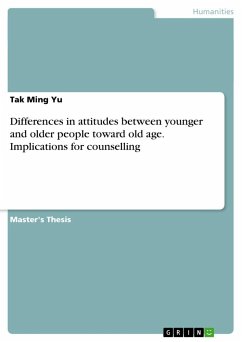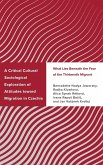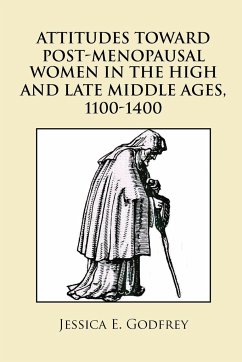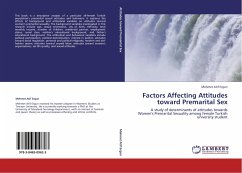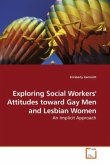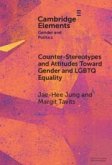Master's Thesis from the year 2006 in the subject Sociology - Old Age, grade: Distinction, , course: Master of Social Science in Counselling, language: English, abstract: The main purpose of this study was to examine the general public's perception on older people. Based on this theme, five research questions were identified. 1) What are the attitudes of younger and older people toward elderly?, 2) Are older peoples' attitudes toward themselves being influenced by prevailing ageism views?, 3) What are the predictors of ageism?, 4) Do the interaction between younger and older people influences the attitudes toward older people?, and 5) What are the implications of the above research findings toward older people for counselling?. Based on these questions, five hypotheses were developed. No significant difference was found between the attitudes of younger and older people toward the latter. In terms of concept and image about older people, older people tend to see themselves more negative than younger people. People with higher educational levels, younger age and religion tend to score a higher value of FAQ than people with lower educational levels, older age and non-religious. People with higher educational levels, younger age and religion tend to form more positive image toward older people than people with low lower educational levels, older age and non-religious. People with more interaction with older adults tend to have higher scores on FAQ. Basically all the hypotheses were rejected, but this study did make several contributions to the study of ageism in Hong Kong. First, this study found that attitudes of younger students toward older adults were more negative than older people. Students' attitudes toward older people were dominated by negative ageism views and image; whereas, older peoples' attitudes toward older adults were mixed with both negative and positive ageism views. It was suggested in this study, attitudes of people toward older adults have to be analyzed from three perspectives, namely ageism, image about older people and attitudes toward caring in order to generate more precise pictures about ageism. Finally, the study suggested that education, intergenerational activities and positive ageing programs could be used to reduce ageism in our societies.

